Life and adventures
of the celebrated bandit
Joaquin Murrieta
His exploits in the state of California
Recovering the U.S. Hispanic Literary Heritage
Board of Editorial Advisors
Ramn Luis Acevedo
Universidad de Puerto Rico
Jos F. Aranda, Jr.
Rice University
Antonia Castaeda
St. Marys University
Rodolfo J. Cortina
University of Houston
Kenya C. Dworkin y Mndez
Carnegie Mellon University
Jos B. Fernndez
University of Central Florida
Juan Flores
Hunter College of CUNY
Erlinda Gonzales-Berry
Oregon State University
Laura Gutirrez-Witt
University of Texas at Austin
Luis Leal
University of California at Santa Barbara
Clara Lomas
The Colorado College
Francisco A. Lomel
University of California at Santa Barbara
Agnes Lugo-Ortiz
Dartmouth College
A. Gabriel Melndez
University of New Mexico
Genaro Padilla
University of California at Berkeley
Raymund Paredes
University of California at Los Angeles
Nlida Prez
Hunter College of CUNY
Gerald Poyo
St. Marys University
Antonio Saborit
Instituto Nacional
de Antropologa e Historia
Rosaura Snchez
University of California at San Diego
Virginia Snchez Korrol
Brooklyn College of CUNY
Charles Tatum
University of Arizona
Silvio Torres-Saillant
CUNY Dominican Studies Institute
Roberto Trujillo
Stanford University
Life and adventures
of the celebrated bandit
Joaquin Murrieta
His exploits in the state of California
Ireneo Paz
Translation by Francis P. Belle
Introduction by Luis Leal
Introduction translated by
Francisco A. Lomel and Miguel R. Lpez
Recovering the U.S. Hispanic Literary Heritage
This volume is made possible through grants from the Rockefeller Foundation.
Recovering the past, creating the future
Arte Pblico Press
University of Houston
452 Cullen Performance Hall
Houston, Texas 77204-2004
Cover design by Adelaida Mendoza
Paz, Ireneo, 18391924.
[Vida y aventuras del ms clebre bandido sonorense Joaqun Murrieta. English]
Joaquin Murrieta, California outlaw / Ireneo Paz : English translation by Frances P. Belle ; introduction by Luis Leal.
p. cm.
ISBN 1-55885-277-8 (pbk. : alk. paper)
1. Murrieta, Joaqun, d. 1853. 2. RevolutionariesCalifornia Biography. 3. MexicansCalifornia Biography. 4. OutlawsCaliforniaBiography. 5. Frontier and pioneer lifeCalifornia. 6. CaliforniaHistory18501950. 7. CaliforniaHistory18461850. I. Title.
F865.M96P3913 1999

The paper used in this publication meets the requirements of the American National Standard for Information SciencesPermanence of Paper for Printed Library Materials, ANSI Z39.48-1984.
Introduction 2001 by Luis Leal
Printed in the United States of America
1 2 3 4 5 6 7 8 9 10 9 8 7 6 5 4 3 2 1
To the memory of the Mexican
gambusinos in northern California
L. L.
Table of Contents
Introduction by Luis Leal
Life and adventures of the celebrated bandit Joaquin Murrieta: His exploits in the state of California
Introduction
The Pastoral Myth
The eighty years of the history of Upper California as part of Mexico, from 1769 (the first land expedition by Gaspar de Portol and Fray Junpero Serra) until 1848 (the California Gold Rush), has been called the Pastoral Age. The structural base of the period was the latifundio, the large landed estate whose social and cultural center was situated in the large houses of the so-called ranchos. Historians such as Hubert Howe Bancroft, with his book California Pastoral, 17691848 (1888); novelists, especially Helen Hunt Jackson with her Ramona (1884); and the films of Hollywood have all mythologized that culture, so that today we commonly accept their depiction of the restful and pleasant life of old California, where all social problems were resolved by Zorro, that mysterious and powerful character who was a sort of Hispanic Batman.
The origin of the ranchos may be found in the land grants given to the first settlers by the Spanish Crown in the eighteenth century. When Upper California ceased to be a province of New Spain and became part of the Republic of Mexico, the ranches multiplied as a result of the appropriation of the mission lands carried out by the central government in 1838. Land owned by the missions was auctioned off and passed into the hands of well-to-do families.
From 1848 on, as the Californios were being stripped of their property, the ranchos disintegrated, and the groups that had provided manual laborcowboys, laborers, shepherds, servantsmoved to the urban centers or began to work in the mines; some of them joined the gangs of bandits that were beginning to form. As Joseph Henry Jackson observes, These thousands of vaguely employed Mexicans found themselves displaced persons [and] could rarely find anything to do but the most menial work. Others simply took what they needed as they could find it, and if this meant living off a society which, as it seemed to them, had refused them support, why that was how it was. It is easy, then, to see how, in the mind of the Spanish-Californian, patriotism was equated with outlawry (1955: xvii).
Gold Fever
Gold was discovered in Upper California on January 24, 1848, a few days before the signing of the Treaty of Guadalupe Hidalgo. The discovery, however, did not become public until after February 2, the date of the signing of the treaty. The first flakes were discovered by a carpenter, James Wilson Marshall, while building a mill for John Augustus Sutter on his ranch in Coloma. During the first few months of 1848, the only prospectors were Anglos. Soon, however, the news of the discovery reached the entire globe, prompting an extraordinary influx of miners into California, which, at its peak in 1852, reached more than 100,000 (Nicholson 1990: 38). The first to arrive were the Sonorans, whose number increased to such a degree that the settlement where they lived was called Sonora or Sonorita. The presence of the Sonorans was of great benefit to the Anglo miners, who learned from them the methods of extracting gold by sluicing as well as panning, methods that had been used in Mexican mines since time immemorial. Attracted by the gold, other Latin Americans, particularly from Peru and Chile, soon arrived in Upper California. The theory of Joaqun Murrietas Chilean origins may be due to the arrival of some miner by that last name.



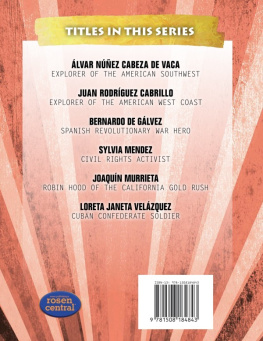

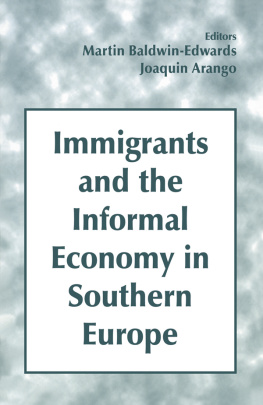
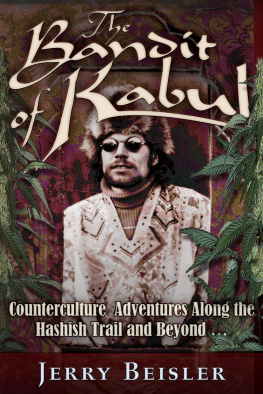
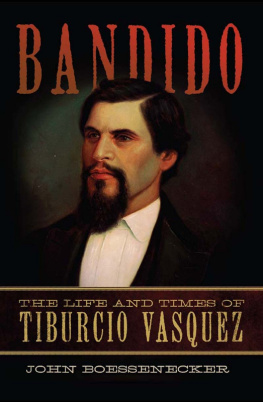

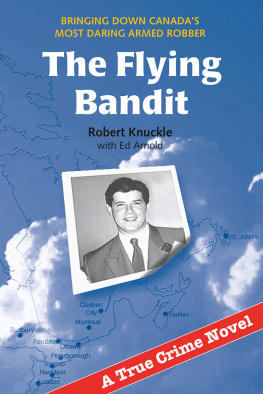

 The paper used in this publication meets the requirements of the American National Standard for Information SciencesPermanence of Paper for Printed Library Materials, ANSI Z39.48-1984.
The paper used in this publication meets the requirements of the American National Standard for Information SciencesPermanence of Paper for Printed Library Materials, ANSI Z39.48-1984.